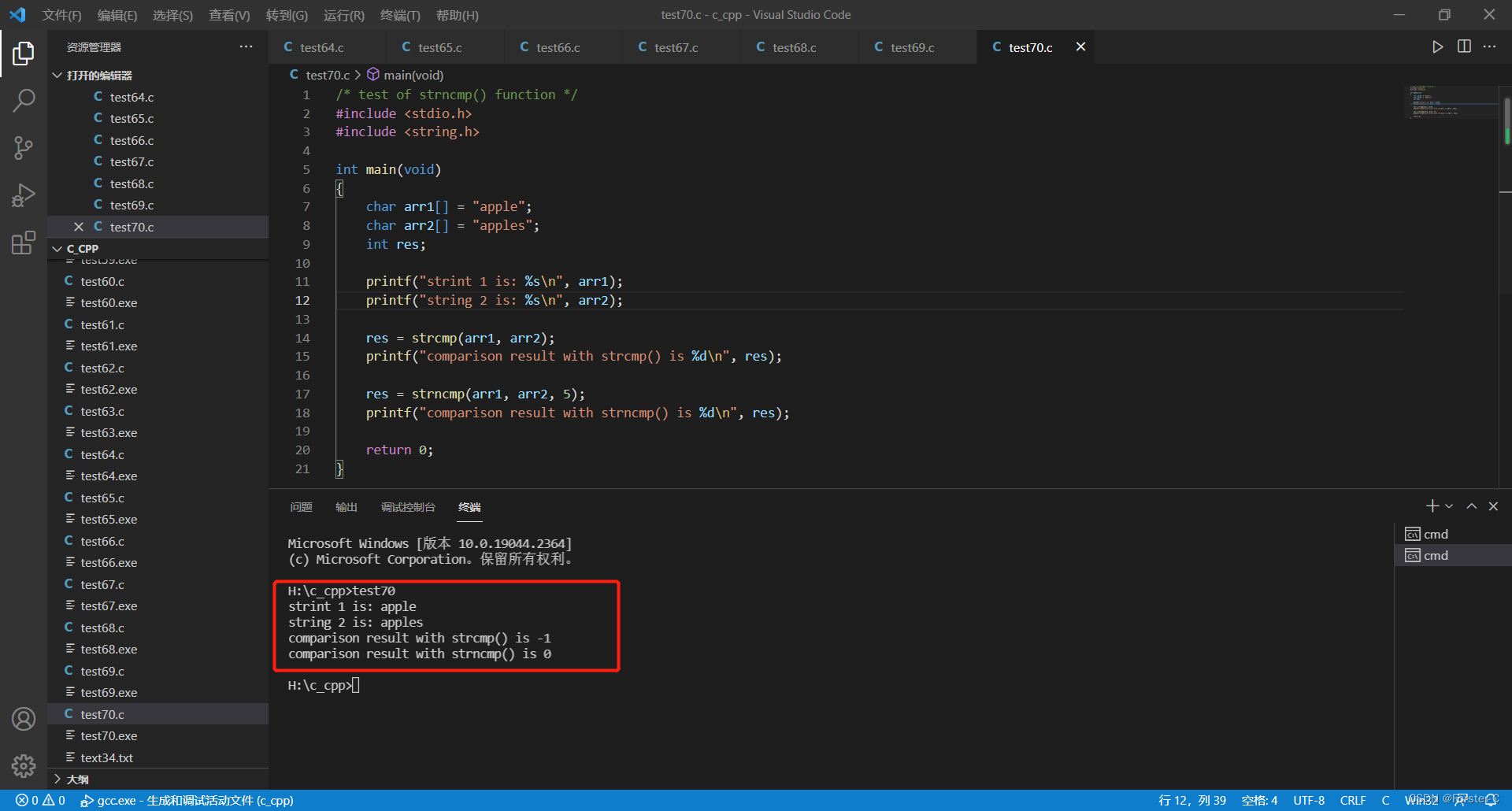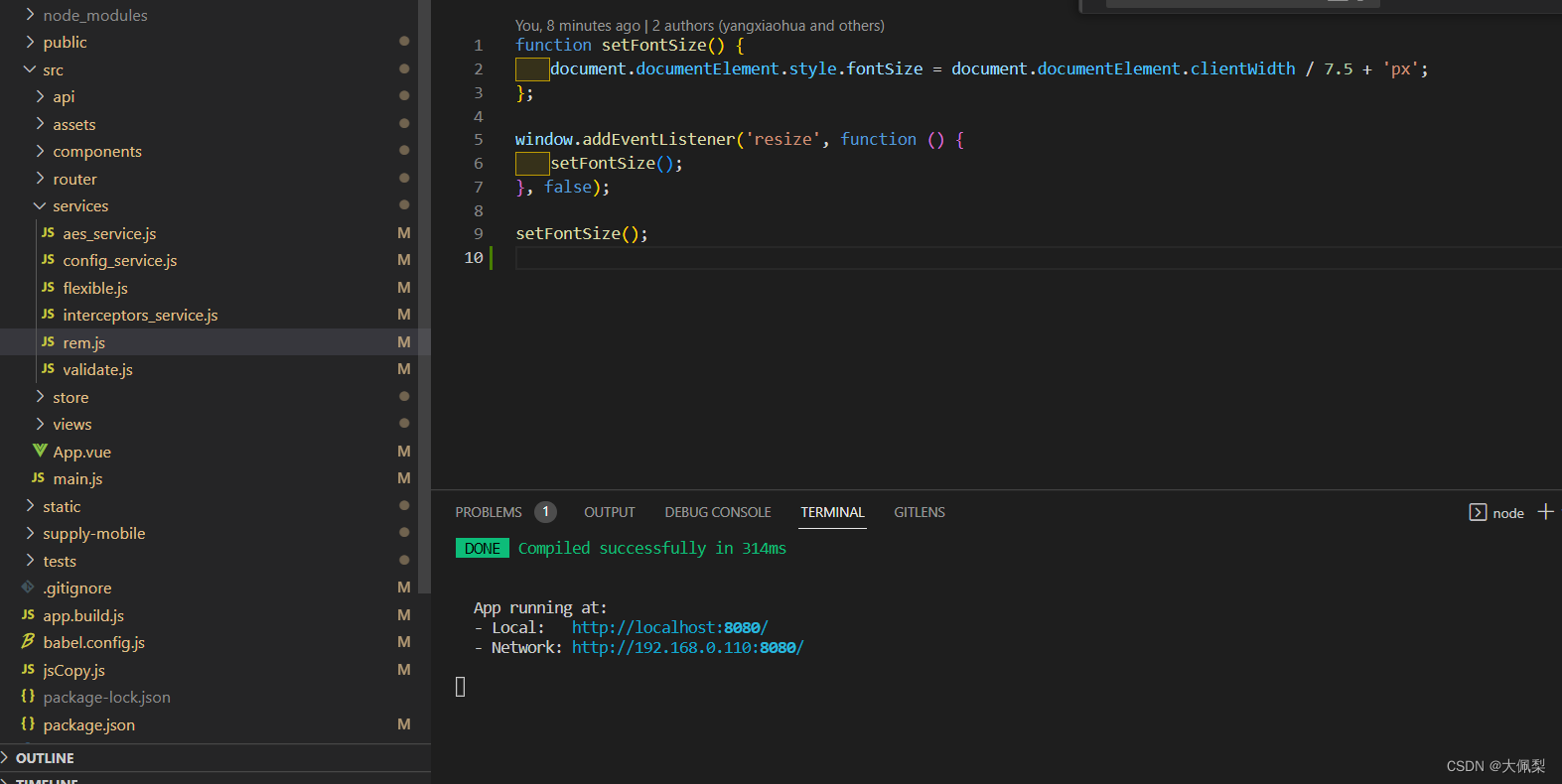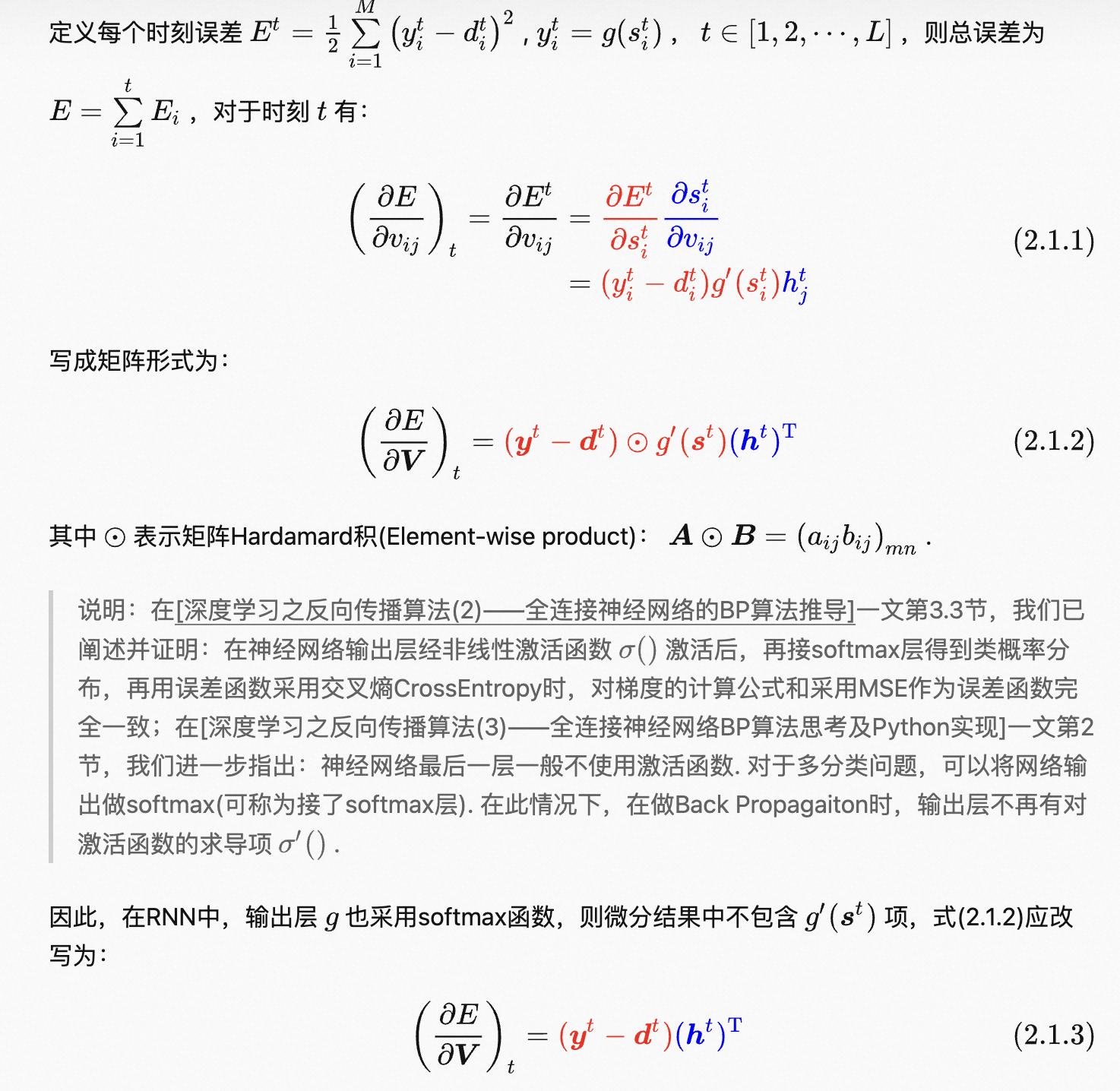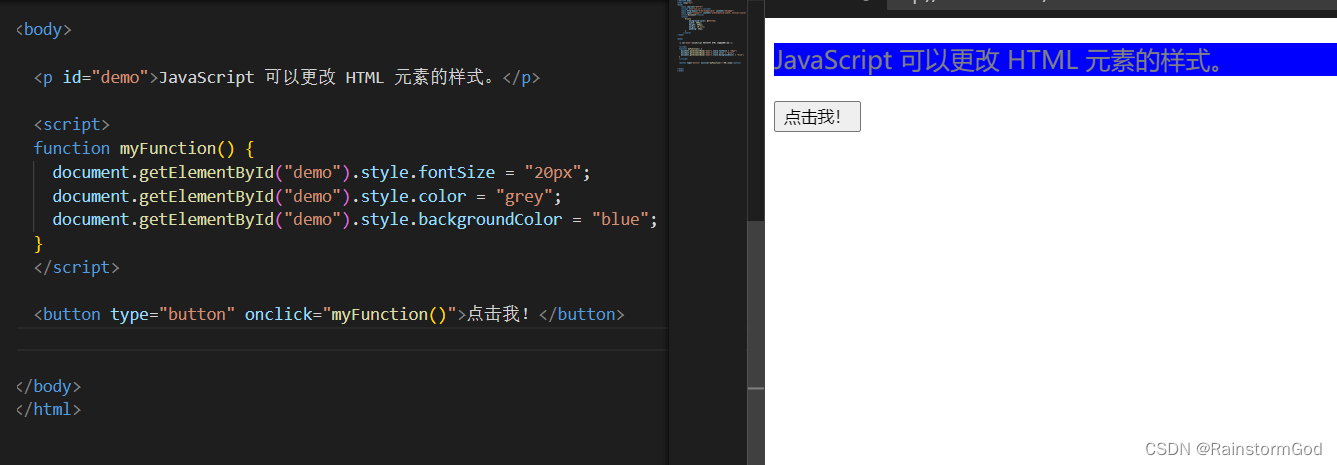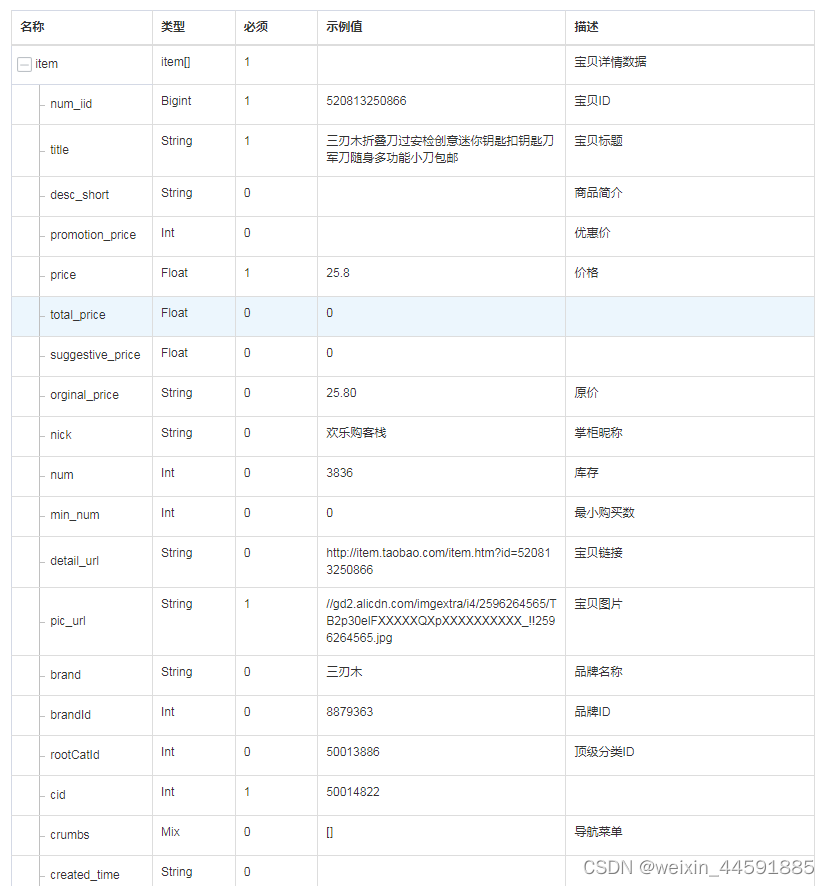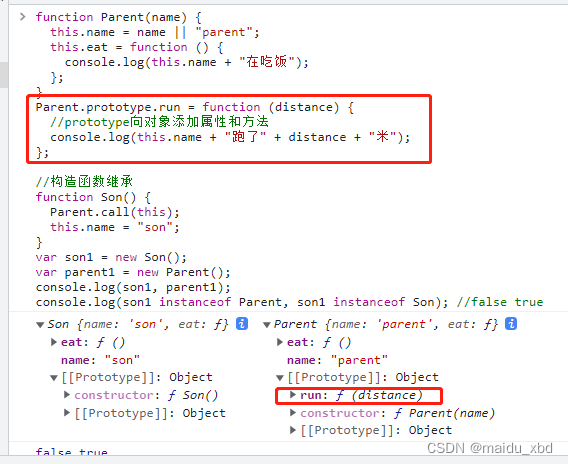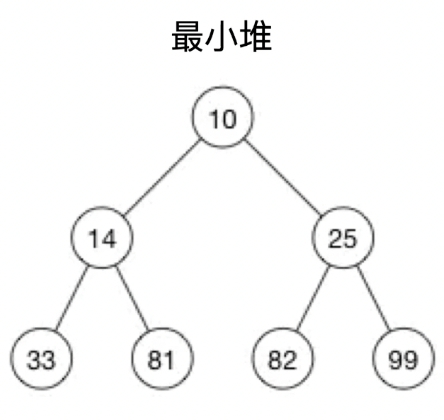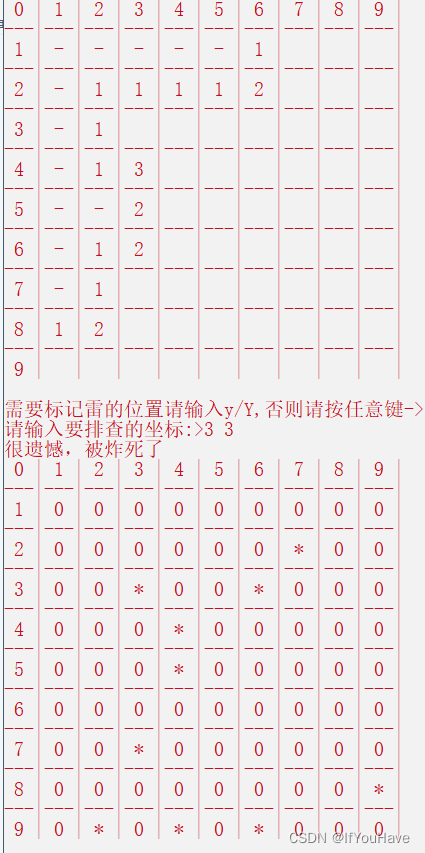一、strcmp()函数
功能:对字符串内容进行比较,如果两个字符串参数相同,函数返回0
示例代码:
/* test of strcmp() function */
#include <stdio.h>
#include <string.h>
#define NAME "Forster"
int main(void)
{
char arr[100];
printf("guess my name:\n");
gets(arr);
while(strcmp(arr, NAME) != 0)
{
puts("Wrong, guess again:");
gets(arr);
}
puts("Right!");
return 0;
}运行结果:
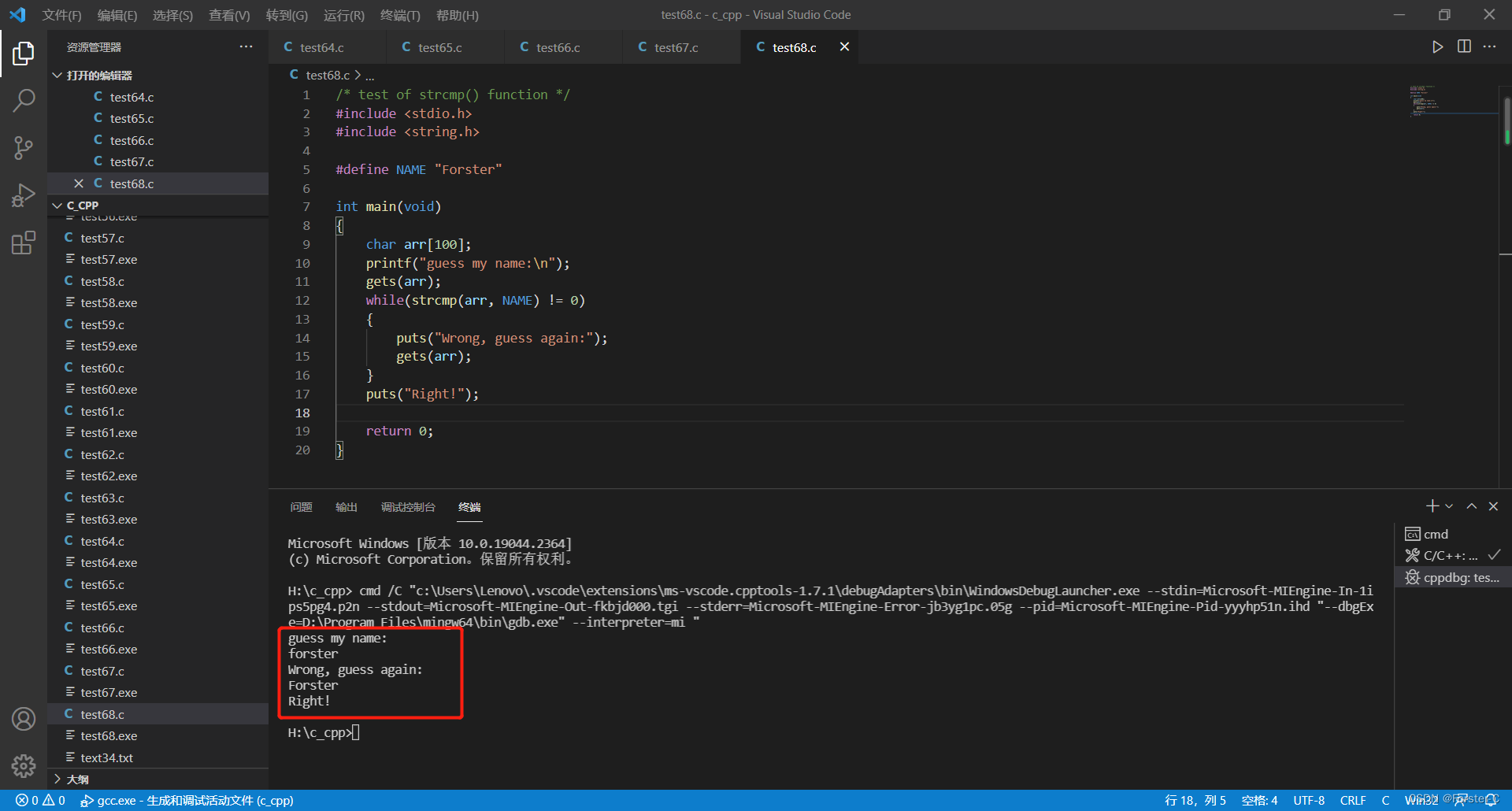
strcmp()函数比较的是字符串,而不是数组;虽然arr占用100个内存单元,而“Forster”只占用8个内存单元(一个用来存放空字符),但是函数在比较时只看arr的第一个空字符之前的部分;因此,strcmp()函数可以用来比较存放在不同大小数组里的字符串
strcmp()函数的返回值:
strcmp()函数中,对两个字符串的所有字符按照顺序逐个比较,按照机器编码顺序进行比较,字符的比较根据的是它们的数字表示法,一般是ASCII值
如果第一个字符串在字母表中的顺序落后于第二个字符串,返回一个正数;如果第一个字符串在字母表中的顺序领先于第二个字符串,返回一个负数
确切的比较依赖于不同的C实现
示例代码:
/* test return value of strcmp() function */
#include <stdio.h>
#include <string.h>
int main(void)
{
printf("strcmp(\"A\", \"A\") is ");
printf("%d\n", strcmp("A", "A"));
printf("strcmp(\"A\", \"B\") is ");
printf("%d\n", strcmp("A", "B"));
printf("strcmp(\"B\", \"A\") is ");
printf("%d\n", strcmp("B", "A"));
printf("strcmp(\"Apple\", \"A\") is ");
printf("%d\n", strcmp("Apple", "A"));
printf("strcmp(\"A\", \"Apple\") is ");
printf("%d\n", strcmp("A", "Apple"));
printf("strcmp(\"Apple\", \"Apples\") is ");
printf("%d\n", strcmp("Apple", "Apples"));
return 0;
}运行结果:
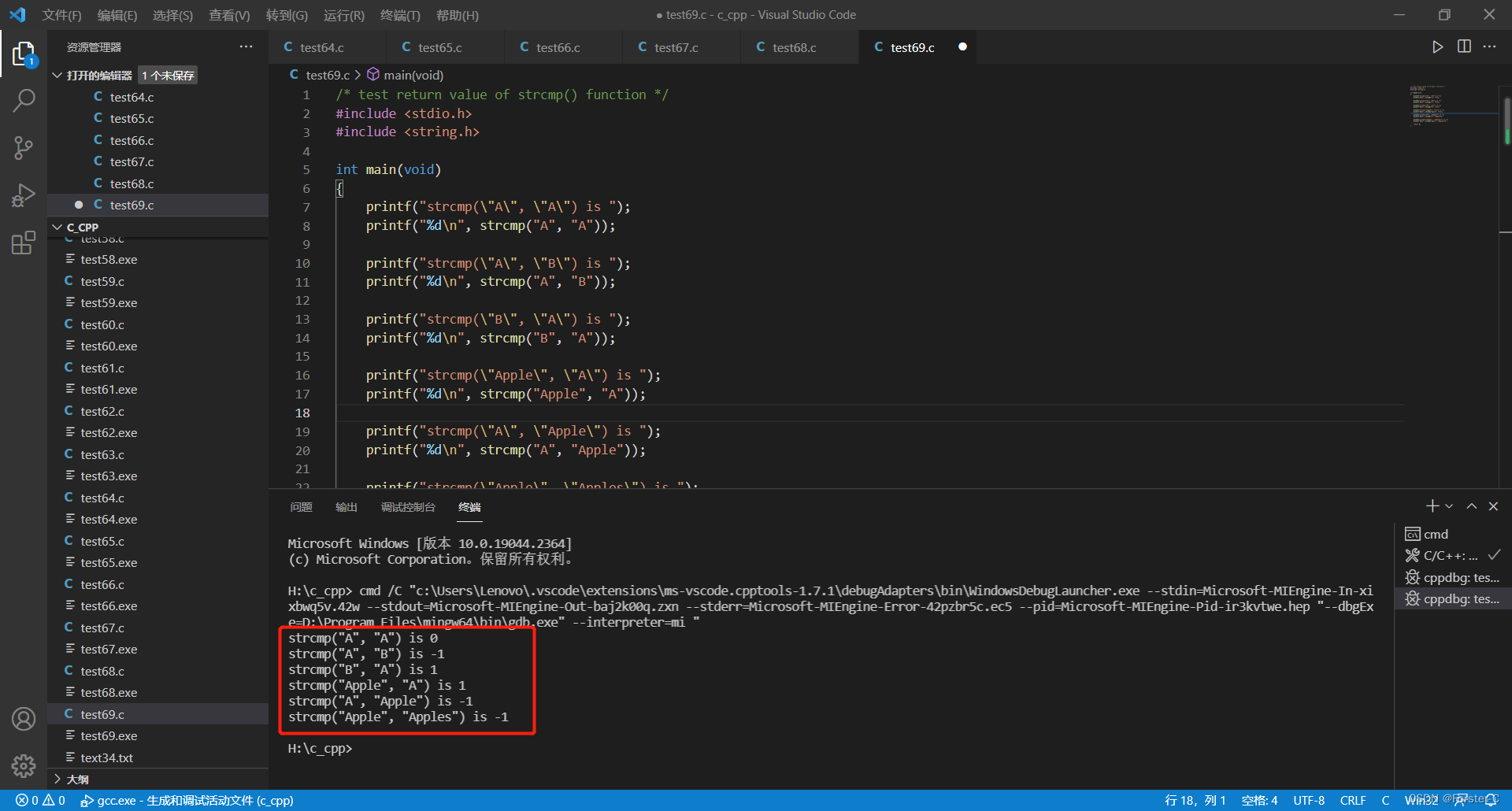
二、strncmp()函数
strcmp()函数比较字符串时,一直比较找到不同的相应字符,搜索可能要进行到字符串尾部
strncmp()函数比较字符串时,可以比较到字符串不同处,也可以比较完由第三个参数指定的字符数
示例代码:
/* test of strncmp() function */
#include <stdio.h>
#include <string.h>
int main(void)
{
char arr1[] = "apple";
char arr2[] = "apples";
int res;
printf("strint 1 is: %s\n", arr1);
printf("string 2 is: %s\n", arr2);
res = strcmp(arr1, arr2);
printf("comparison result with strcmp() is %d\n", res);
res = strncmp(arr1, arr2, 5);
printf("comparison result with strncmp() is %d\n", res);
return 0;
}运行结果:
